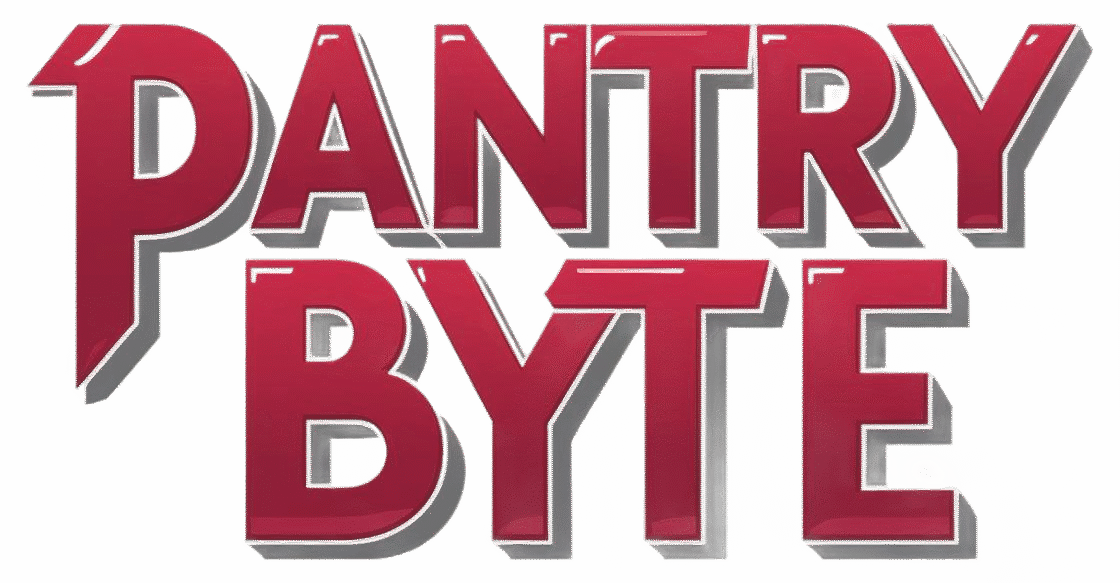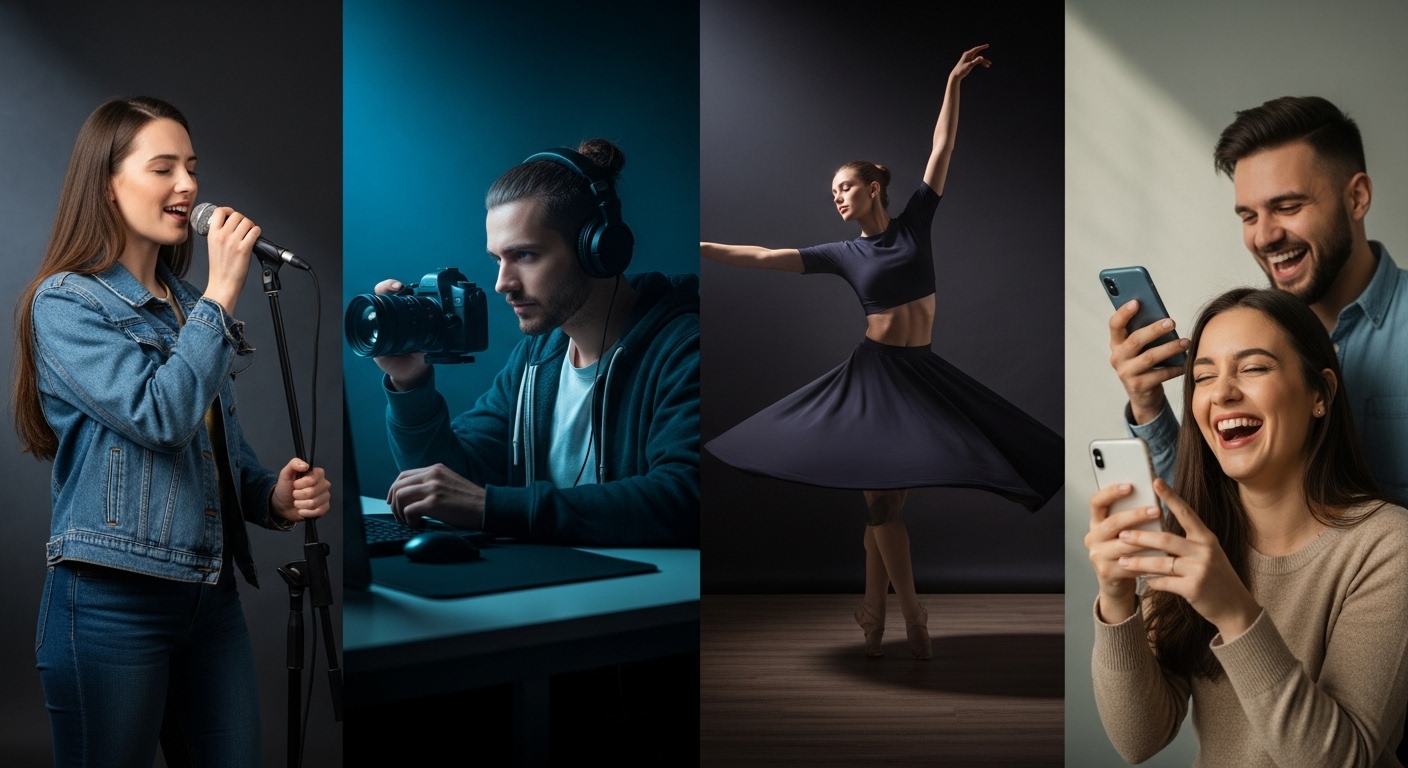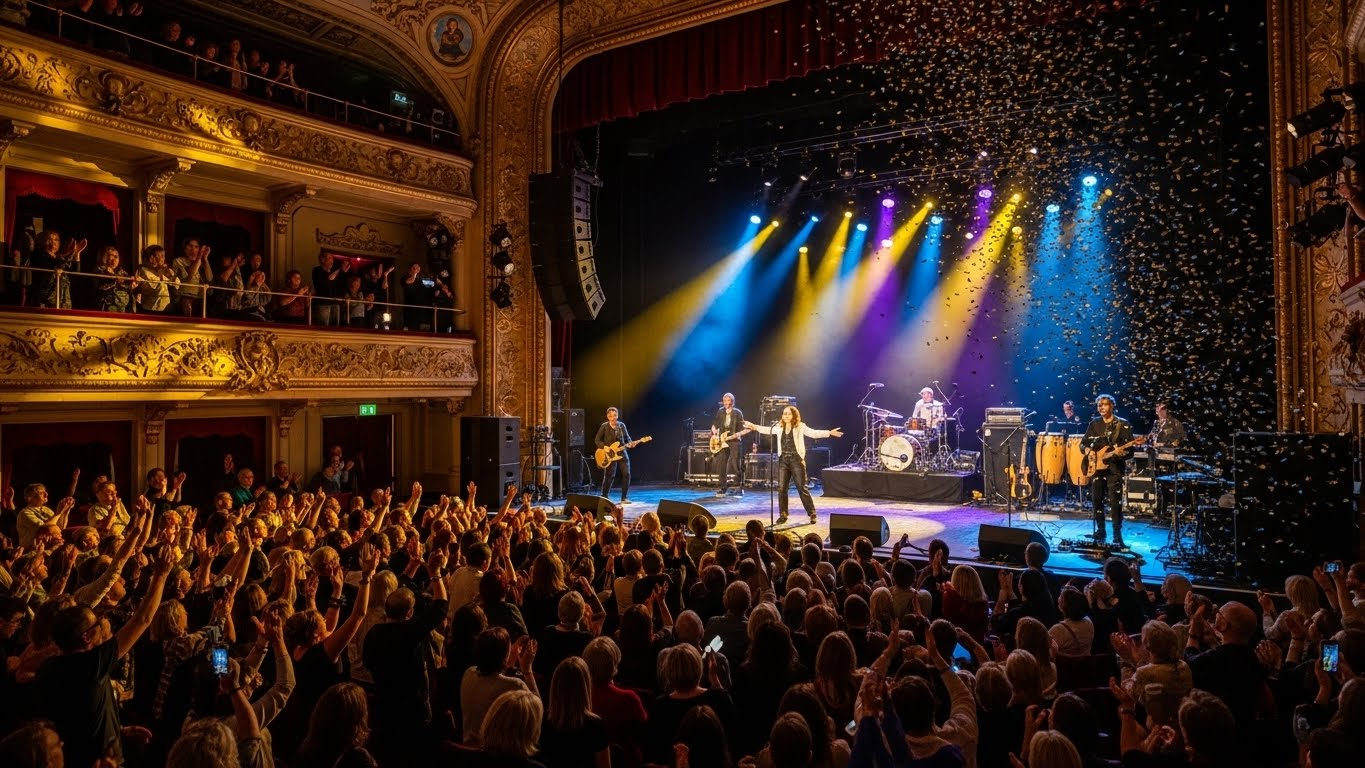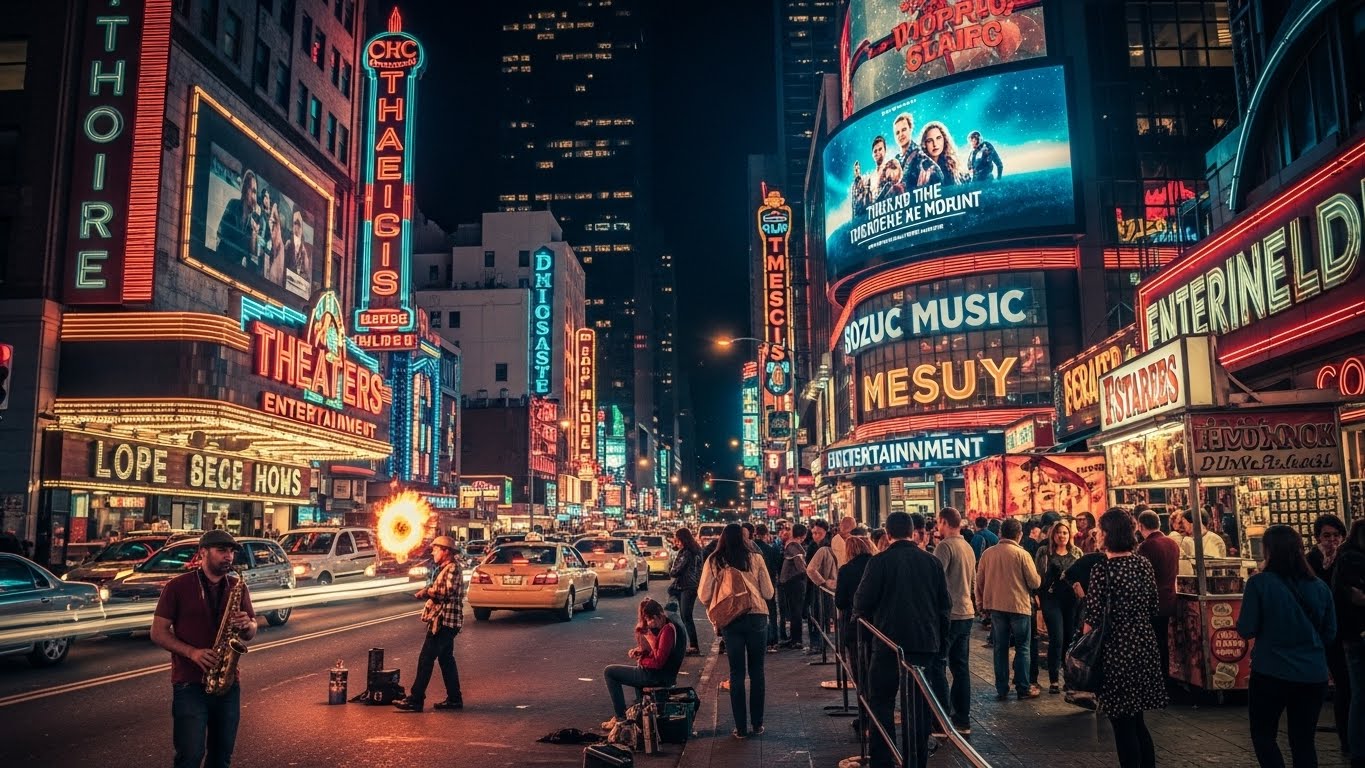Entertainment has always been the beating heart of human culture. From the moment people gathered around fires to tell stories to the modern streaming era that connects billions, entertainment has shaped how we think, dream, and relate to each other. It’s one of those rare human inventions that never stays still—it adapts, transforms, and finds new forms to suit every generation.
But what exactly makes entertainment so powerful? Why does it matter so much, and how has it changed from the simple plays and songs of the past to the global industry it is today? Let’s take a deep look at the journey of entertainment—its history, its changing faces, and how it continues to define what it means to be human.
The Ancient Roots of Entertainment
Long before television, cinema, or even books, people sought ways to amuse and express themselves. In ancient civilizations like Egypt, Greece, and Rome, entertainment wasn’t just a luxury—it was part of everyday life. Music, dance, storytelling, and performance helped communities come together, share lessons, and celebrate their culture.
In Greece, theater became a central form of entertainment and philosophy combined. Dramas and comedies weren’t just stories; they were reflections of society’s values, politics, and moral questions. The Romans, on the other hand, turned entertainment into spectacle. Gladiator games, chariot races, and massive festivals were all designed to capture the public’s attention, to distract and thrill.
These early forms of entertainment set the foundation for what we now take for granted—the idea that performance, art, and amusement could be both communal and deeply personal.
The Rise of Performance and Storytelling
As civilizations evolved, so did their art. Storytelling took new forms, from epic poetry like The Iliad and The Odyssey to the folklore that passed through generations by word of mouth. These stories weren’t just tales; they were vessels of history and imagination.
In medieval Europe, entertainment became tied to religion and community life. Traveling performers, jesters, and minstrels entertained townsfolk with tales of knights, myths, and humor. The performance became mobile—it reached people where they lived.
This period also gave birth to the foundations of modern theater. When Shakespeare began writing in the late 16th century, he didn’t just entertain; he revolutionized the art form. His works spoke to all levels of society, from royalty to commoners, blending language, emotion, and human truth in ways that still resonate today.
The Printing Press and the Birth of Mass Entertainment
When the printing press appeared in the 15th century, it changed everything. For the first time, stories could be shared on a massive scale. Books, newspapers, and pamphlets made information and entertainment accessible to ordinary people.
This democratization of content was revolutionary. People didn’t need to rely on performers or local events; they could find entertainment in the written word. Novels like Don Quixote and Pride and Prejudice not only amused readers but also helped shape cultural conversations and societal values.
The written word allowed for imagination on a scale previously unimaginable. Readers could journey across oceans, live different lives, and experience emotions that transcended time and place—all from the comfort of their homes.
The Dawn of the Modern Era: Film and Radio
Fast-forward to the late 19th and early 20th centuries, and the world of entertainment experienced another transformation—the birth of cinema and radio.
The invention of motion pictures turned storytelling into a visual experience. Early films by pioneers like the Lumière brothers and Charlie Chaplin turned moving images into art. The silent film era laid the foundation for modern cinema, showing that emotion could be conveyed without words, through expression, movement, and music.
Then came sound, and the silver screen exploded into life. Hollywood became a dream factory, producing stars and stories that captivated audiences across the world. Cinema wasn’t just entertainment—it became an industry, an escape, and a reflection of society’s hopes and fears.
At the same time, radio brought entertainment directly into people’s homes. Families gathered around radios to listen to music, dramas, and news. It created a shared experience unlike any before. You didn’t have to leave your house to be entertained—you could simply tune in and let imagination do the rest.
The Golden Age of Television
Television arrived in the mid-20th century and quickly became a household necessity. It was entertainment at your fingertips—visual, immediate, and ever-changing. Sitcoms, dramas, news programs, and live sports brought the world into people’s living rooms.
The post-war years saw the rise of television icons and long-running series that became part of everyday life. Families planned their evenings around TV schedules, and cultural moments—like the moon landing or popular award shows—became shared national experiences.
Television didn’t just inform or amuse; it united people. It gave everyone, regardless of class or background, something in common to talk about. That sense of collective entertainment created a unique cultural bond.
Music: The Universal Language
If there’s one form of entertainment that transcends all boundaries, it’s music. From ancient rhythms to digital beats, music has always been humanity’s emotional outlet. It’s entertainment, but it’s also expression, therapy, and connection.
In the 20th century, music became a global force. Jazz, rock, pop, hip-hop, and electronic sounds each represented different movements of creativity and rebellion. Artists became icons not just for their voices, but for what they stood for.
The rise of recorded music allowed songs to travel across continents. Suddenly, a track created in one part of the world could inspire millions elsewhere. Music became both deeply personal and profoundly universal—an entertainment form that could make you dance, cry, and think, often in the same song.
The Digital Revolution and the Internet Age
The arrival of the internet completely reshaped entertainment once again. Suddenly, people were no longer passive consumers—they became creators. Platforms emerged that allowed anyone to share their art, thoughts, or humor with the world.
Streaming services replaced physical media, changing how we watched and listened. The concept of “on-demand” became the norm. We didn’t have to wait for scheduled programming; entertainment became available whenever and wherever we wanted it.
Social media also blurred the line between audience and performer. Every post, photo, or video became a form of self-expression—a way to entertain and be entertained. Influencers, vloggers, and content creators built careers around the simple act of sharing.
Entertainment was no longer centralized in studios or networks—it was in the hands of the people.
The Power of Gaming
While movies and music ruled much of the 20th century, video games quietly grew into one of the most dominant forms of entertainment in the 21st. What began with simple pixels and arcade machines evolved into immersive, cinematic experiences that rivaled blockbuster films.
Games became interactive stories—allowing players not just to watch but to participate. The emotional engagement, creativity, and community within gaming culture have made it a defining force in modern entertainment.
Online multiplayer platforms and eSports have turned gaming into a social and competitive phenomenon. It’s no longer just about playing for fun—it’s about connecting, collaborating, and even building careers.
Streaming, Binge Culture, and the New Normal
As technology advanced, entertainment adapted again. The streaming revolution, led by platforms that deliver endless libraries of shows, movies, and music, changed how people consume content.
The concept of “binge-watching” became a cultural norm. Instead of waiting a week for the next episode, audiences could watch entire seasons in a single sitting. This shift gave viewers control, but it also changed storytelling itself. Writers began crafting narratives for continuous viewing, blurring the lines between television and film.
Streaming also gave rise to global content exchange. A show made in Korea could become a hit in the U.S., and a documentary from France could find fans in Brazil. Entertainment became borderless.
The Blurring Line Between Reality and Entertainment
Today, entertainment doesn’t just reflect reality—it often merges with it. Reality television, live streaming, and social media have made entertainment part of daily life. We watch real people live real moments, but often through a crafted, performative lens.
Virtual reality and augmented reality are pushing this even further. Now, entertainment can be experienced inside the story. You can walk through a fantasy world, interact with digital characters, or even attend concerts in virtual spaces.
This blending of life and entertainment raises fascinating questions. Where does reality end and performance begin? Are we still being entertained, or are we participating in an ongoing collective story?
The Business Behind the Fun
Behind every form of entertainment lies a massive industry. From studios and labels to tech companies and independent creators, entertainment is one of the world’s largest economic forces.
Yet, it’s not just about profit. The entertainment industry thrives because it understands emotion. People pay for experiences that move them—laughter, excitement, empathy, nostalgia. Successful entertainment businesses know this truth: it’s not just about what people see or hear, but what they feel.
The challenge for modern entertainment lies in balance—between art and commerce, authenticity and trend-chasing. It’s a delicate dance that determines which creations will stand the test of time.
The Cultural Influence of Entertainment
Entertainment doesn’t just amuse—it shapes how we think, dress, talk, and behave. From the fashion inspired by films to the slang born in songs, popular culture drives real-world change.
Movies and TV shows have the power to influence social issues, challenge norms, and start conversations that matter. Music can unite movements, while games and online platforms can foster empathy and understanding between cultures.
In many ways, entertainment acts as both a mirror and a teacher. It shows us who we are and who we might become.
The Future of Entertainment
Looking ahead, entertainment will continue to evolve at a breathtaking pace. Artificial intelligence, virtual worlds, and immersive storytelling will redefine creativity once again.
Imagine interactive films that change based on your choices, or concerts where holograms perform beside living artists. Imagine games powered by real emotions, or stories written in real time through audience feedback.
But even as technology advances, one thing will stay the same—the human need for connection through story, sound, and emotion. Entertainment is, at its core, a celebration of imagination.
Why We Need Entertainment
Beyond business and technology, entertainment fulfills a deep emotional need. It gives us an escape when life feels heavy, and a mirror when we need to understand ourselves. It reminds us that we’re not alone in our fears, dreams, and laughter.
Whether it’s a song that makes you smile, a movie that makes you cry, or a book that makes you think, entertainment connects people through shared feeling. That connection is what makes it timeless.
Entertainment, in all its forms, is the heartbeat of human creativity. It evolves, adapts, and reflects who we are at every stage of history. It’s not just about passing time—it’s about experiencing life from new perspectives, one story at a time.
Final Thoughts
From ancient myths to digital screens, entertainment has come a long way. It’s both a mirror and a bridge—showing us where we’ve been and where we’re going. Every song, every show, every game, and every performance adds another layer to our shared human story.
And even though the mediums change, the essence remains. Entertainment is how we dream together, how we express ourselves, and how we find joy in the shared chaos of existence. It’s not just fun—it’s fundamental.



